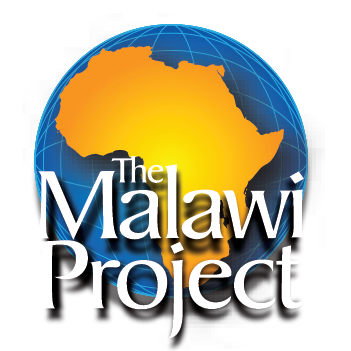Because of its population that is higher than most other communities, and with its proximity to the capital city, the Mponela Trading Center enjoys a wide variety of local outlets and trading booths. Dried fish arrive from the lake several times a week, sugar and other cooking supplies and foodstuff arrive with the same frequency as can be found in a cash and commodity poor country. Fuel at the two petrol stations is available most of the time. Even electricity and phone service is available to some of the residents, most of the time. Almost anything can be found in Mponela that is available in any other parts of the nation with the possible exception of these things being in more abundant supply in the four largest cities. Mponela has a definite African flair and hospitality, and the visitor is welcomed throughout the region.
An Unsure Trip to an Unknown Location, for an Unsure Outcome
The Mponela Rural Hospital sits along a dusty back road behind the Peoples Trading Center grocery store in the center of the town. It will not be noticed by the highway traffic unless someone knows to turn and look off to the west side of the road. It seems reflective and representative of most of the rural hospitals in the nation. It has no doctor, only two or three nurses, and almost no working equipment. It has supplies only part of the time, and the patient count rises and falls with the availability of the needed supplies. Patients who come to the hospital cannot expect much in the way of service, and if the case is serious the patient will probably be referred to the Dowa District Hospital or into the capital city of Lilongwe to Bottom Hospital or to Kamuzu Central Hospital. In this case the problems will arise with the patients inability to pay for the transportation costs, and the problem with friends or family traveling with them to care for the patients needs during the stay in the hospital. For many it will be an unsure trip to an unknown location, for an unsure outcome.
The seriousness of illness and death is also reflected in the work of the Mponela Aids Information and Counselling Centre. With a community population of only 11,000 the counseling center handles a massive workload of needing to give care and assistance to nearly 6,000 kids that are registered in the centers catchment area.
The Malawi Project has supplied medical assistance to the Mponela Rural Hospital since 1995, and food and clothing aid to the Mponela Aids Information and Counselling Centre since 2001.

